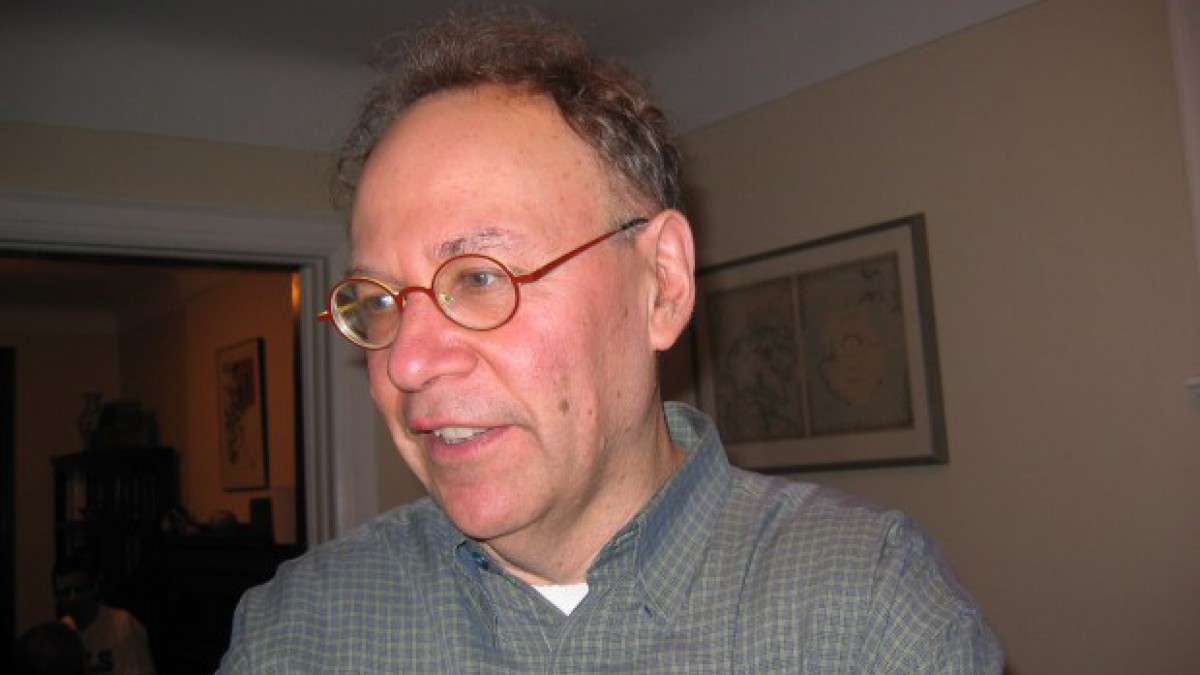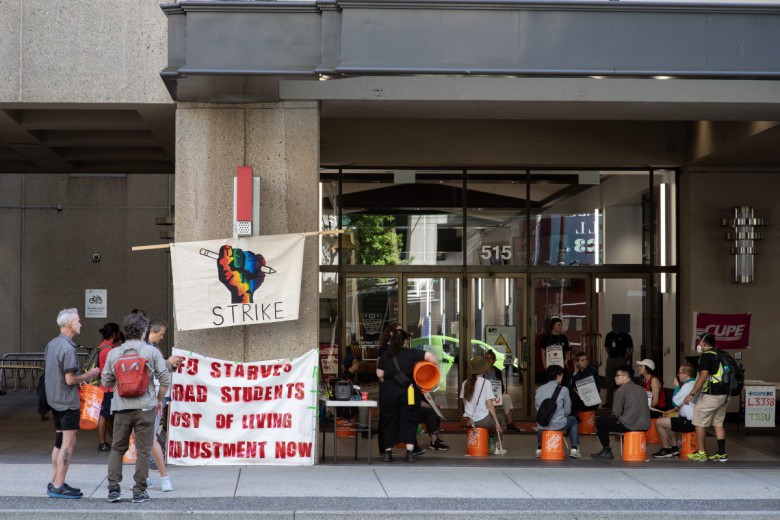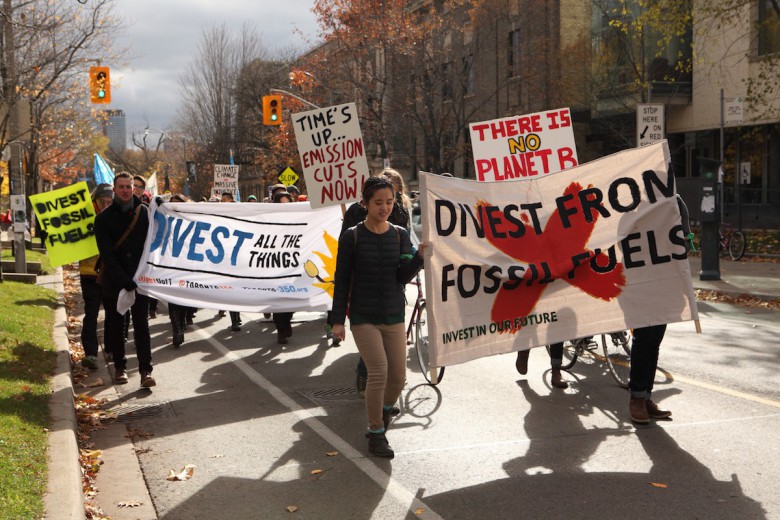Across Canada universities are changing, following the path of neoliberalization that is turning educational institutions into profit-oriented monoliths that sacrifice democratic values, academic freedoms, and critical exploration in the interests of corporatization.
At the University of Manitoba students and faculty have rallied together to oppose the administration’s proposed budget cuts of four per cent this year and another four per cent next. As part of their campaign, the University of Manitoba Student Action Network – which last year participated in a successful lobbying campaign with the Canadian Federation of Students Manitoba Branch to remove interest rates on Manitoba issued student loans – recently brought in author, activist, and sociology professor Alan Sears from Ryerson University. He came to speak about this process of university restructuring in Canada and what can be done about it. I sat down with Sears for a quick conversation before his presentation.
The historical issue, says Sears, is that despite the fact that universities were increasingly opened up to the broader public in the 20th century (he estimates from four per cent participation in the 1940s to around 40 per cent today), the university has changed little in the way it functions.
“If you are in the more elite background, the way that [finding a career] happens … is that your parents, the social networks you grew up with, and so on, will help you figure that out, “ he says. “[But] for a lot of the students who are in university now, it doesn’t work that way.” Sears says that universities aren’t set up to ask what the real problems students face are or to develop frameworks based around actual student needs.
As a recent graduate, I can attest to the plight of the disconnected student. I’ve found few networking opportunities and fewer paid internships. Even on campus, opportunities are limited since research assistant positions are being awarded through a Dragon’s Den style competition for funding (which I never succeeded in getting).
In the context of a poor job market for graduating students, universities have continued down the path of commodification, finding every means possible to offer less and less to students. Sears describes the rise of an “entrepreneurial ethos” by which universities sell the idea that every student can be the next Mark Zuzkerberg. Sears says that the restructuring of universities reshapes students expectations:
“[The restructuring] helps prepare students for a life of precariousness. I think that they’re worried that universities as they’re structured now lead students to have certain expectations … that I have a right as someone who graduates from university to expect a little more on the job market than I would otherwise. And I really believe that one of the goals of university restructuring is to try and break that expectation amongst students. And the idea instead is ‘I will only have the right to whatever I can afford to buy. And I will only be able to afford to buy whatever I work for under whatever conditions I can find work under.’ And I really think that’s the kind of realism they are looking toward.”
By breaking students’ expectation of having some stability in their lives, corporations are placed in a position of power over people and can dictate the terms by which we earn our existence. In the end, the restructuring of expectations denies students the ability to realize their own human capacity, to become the kind of person that they want to become, and instead they are limited to a narrow concept of what it means to be human based on the principles set out by a rigid institution.
Inspired by his observations of the Montreal student protests, Sears says we need to re-envision the university as a more democratic institution that is driven by students:
“It [would put] students in the driver seat in terms of collectively and democratically having control over the institutions that are designed to educate them, so that rather than students being customers of the institution or the kind of subordinated people who faculty do their processes on, students are actively involved in the decision making processes around curriculum. It begins to challenge the dynamics of the classroom.”
Sears says he doesn’t have the details of how a democratic, student-driven university would operate and function, but he does have an idea of how to get started – small and simple. Engage students with a petition and/or conversation about the changes that they want to see; invite them out to a meeting for further discussion; and build momentum from there. Forge coalitions with sympathetic organizations like the faculty union, other student bodies, and eventually lead up to larger scale events like rallies or demonstrations. The point, he says, is that it needs to be a movement driven by students that is based on horizontal democratic power. The details of how this new university would operate and function have to be worked out and forged by students themselves, along with faculty, administration, and support staff.
Toward the end of our conversation, Sears said something that I hope will become a guiding principle for the future of democratic universities: “Learning in the end is perhaps the most human activity, certainly one of the most defining-ly human activities.” Let us not forsake our humanity in the name of profits and efficiency and instead embrace the universality of learning.







